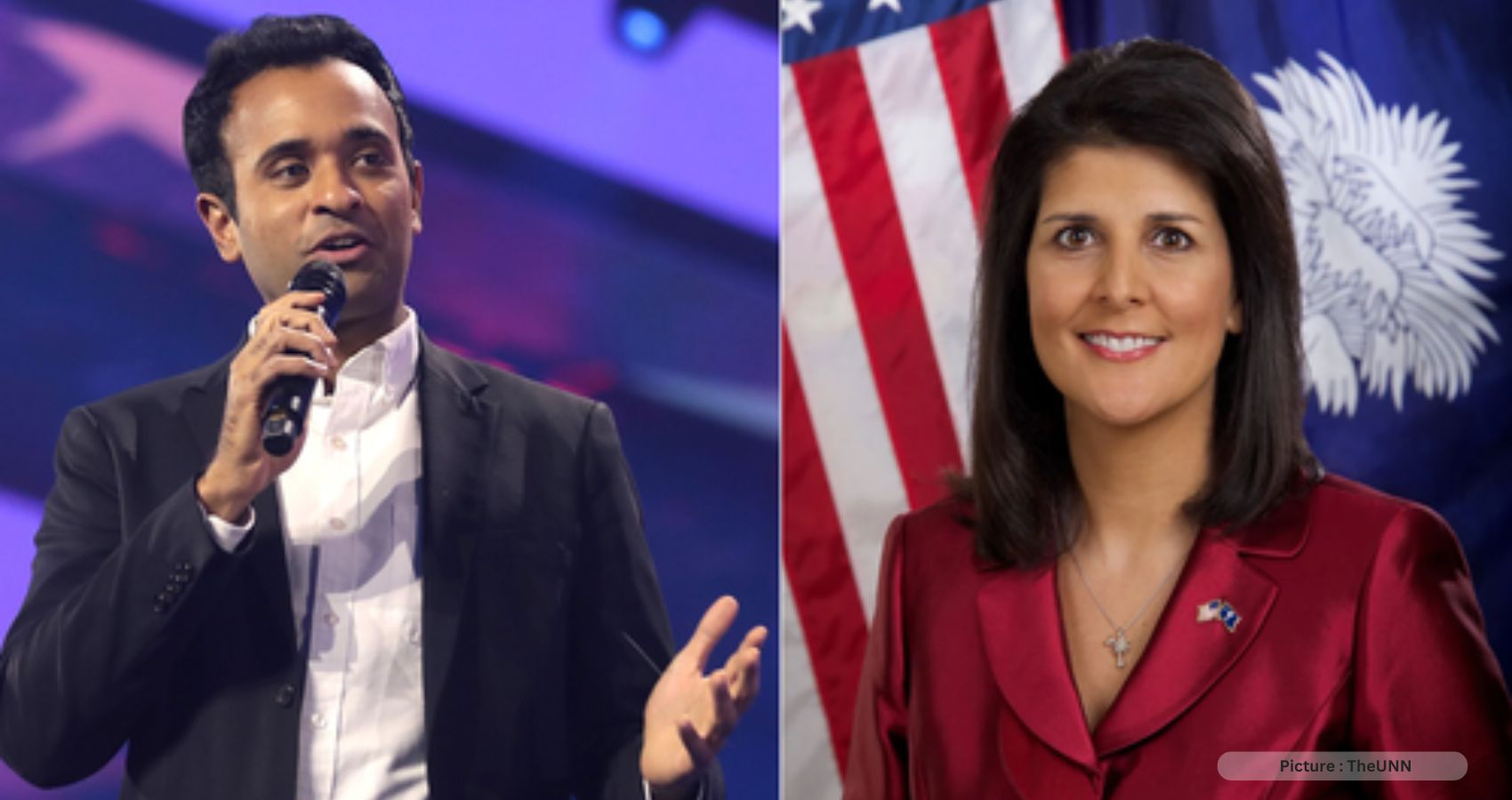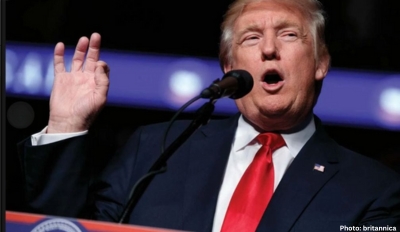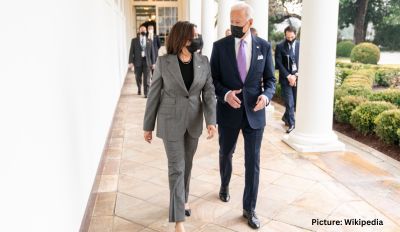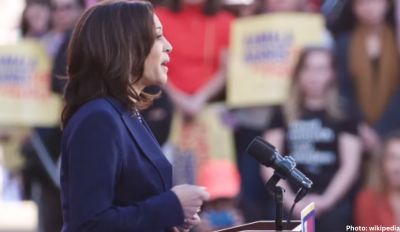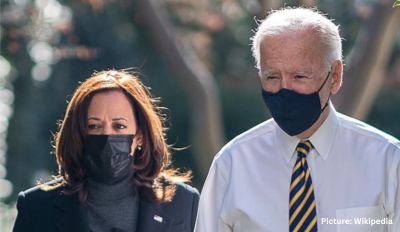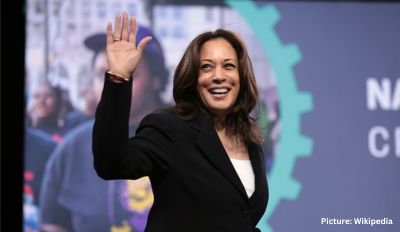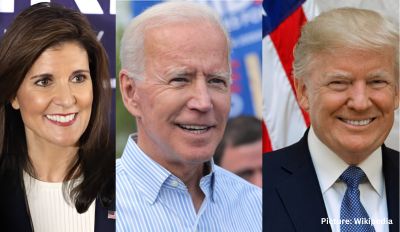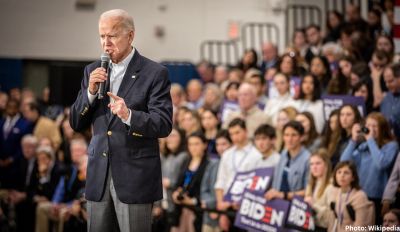Nearly all registered Asian American voters — 97 per cent — say a candidate’s policy positions are more important than their race or ethnicity when deciding whom to vote for, says a new survey.
At the same time, a 68 per cent majority of Asian registered voters say it is extremely or very important to have a national leader who can advance the concerns of the US Asian community, according to the Pew Research Center survey conducted from July 5, 2022 to January 27, 2023.
The findings assume relevance as the 2024 US presidential election approaches with two candidates of Indian ancestry, Nikki Haley and Vivek Ramaswamy, running for the Republican nomination.
The survey — conducted among 7,006 Asian adults living in the US — said Asian Americans continue to be underrepresented among elected officials in the country compared with their share of the country’s population.
As of the beginning of the 118th Congress, 16 House members and two senators claim Asian ancestry.
Asian registered voters tend to prefer the Democratic Party — 62 per cent are Democrats or lean Democratic, while 34 per cent are Republicans leaners.
Issues Asian American voters care most about
About four in 10 registered Asian American voters, or 41 per cent, say inflation is the most important issue facing their local community — by far the most common issue cited during this extended survey period, which ended in January.
Economic inequality (16 per cent) is the second-most mentioned issue, followed by violent crime (11 per cent) and racism (9 per cent).
These concerns follow reports of violence against Asian Americans during the Covid-19 pandemic.
Japanese registered voters (28 per cent) are more likely than Chinese (15 per cent) and Indian (13 per cent) voters to view economic inequality as the biggest issue facing their community.
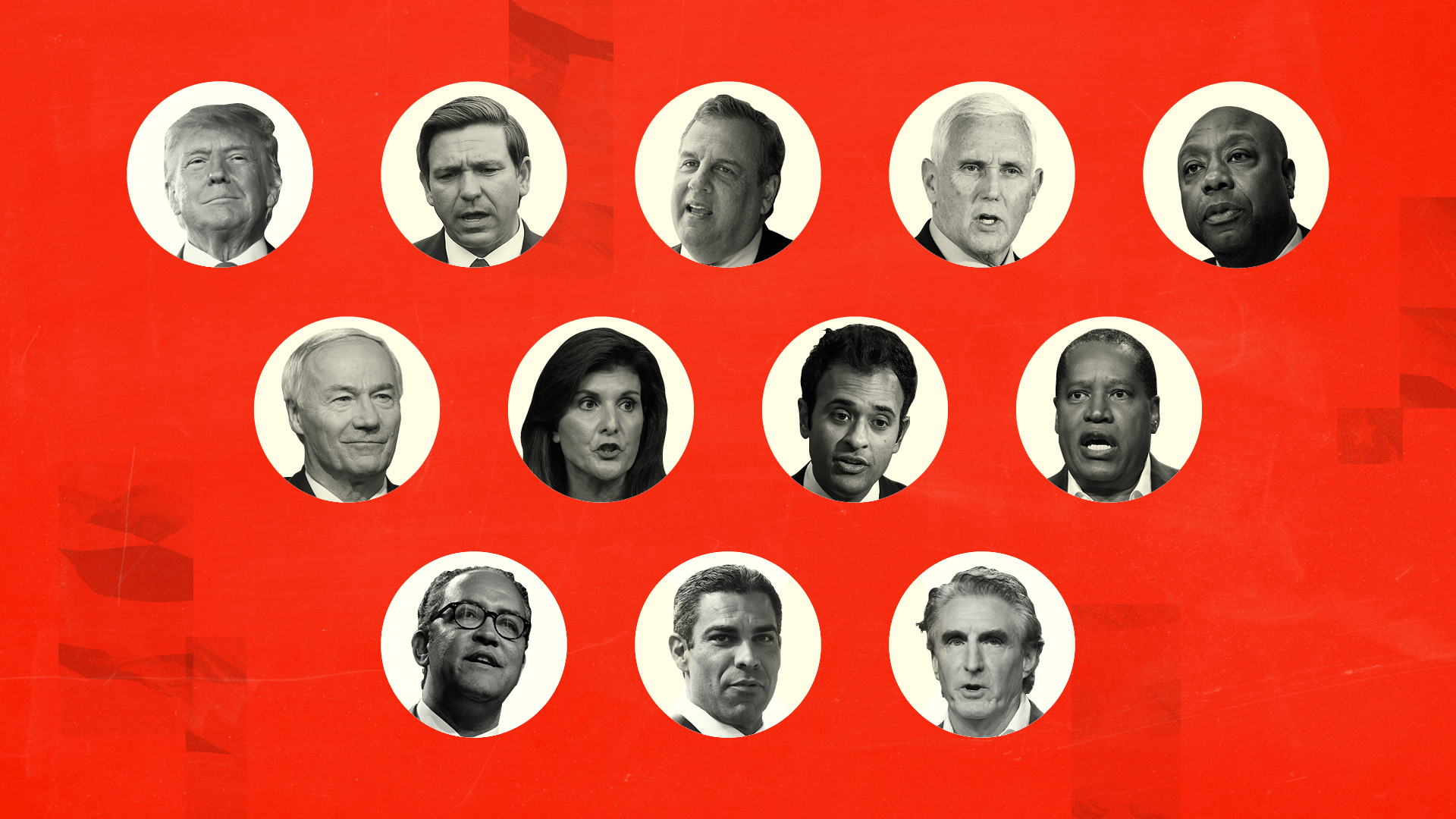
Among Indian registered voters, 15 per cent say climate change is the most important issue facing their community. This is higher than the share saying the same among Filipino (7 per cent), Chinese (6 per cent), Japanese (6 per cent) and Vietnamese (5 per cent) voters.
Asian American voters’ views differ by political party
The survey noted that Asian Republican voters are more likely than their Democratic counterparts to view inflation as the most important issue facing the community they live in.
Even so, it is the most cited top issue for both groups.
Asian Democratic voters are more than twice as likely as Republicans to say economic inequality is the biggest issue facing their community.
Economic inequality is the second-most cited issue among Asian Democratic voters.
Among Asian Republican voters, violent crime is the second-most cited issue.
In addition, Asian registered voters born in the US are slightly more likely than immigrants to view economic inequality as the most important issue facing their community.
However, the importance of issues varies less by nativity than by party among Asian Americans. (IANS)
Anxiety grips 69% of Indian students in Canada due to diplomatic row
77 per cent of students who participated in the survey said their parents are “paranoid” or “worried” amid the Indo-Canadian diplomatic row.
Over 100+ Indian students studying across 20+ colleges and universities were surveyed for a recent report, the findings of which say 69 per cent of these students have experienced anxiety amid the ongoing Indo-Canadian diplomatic row.
The participating colleges included York University, Seneca College, Ryerson University, Centennial College, George Brown College, and Carleton University, among others. The survey was conducted by LooneyTooney, a platform assisting newcomers and potential immigrants in Canada to provide a data point to stakeholders like federal/provincial governments, colleges/universities, and locals to be able to take action to reassure the student community, as per a news release.
The survey found that 69 per cent of students experienced anxiety amid the ongoing tensions between the two countries, female students more than males. The anxiety levels were higher among students who have not spent much time in Canada than those who have been in the country longer.
The findings say 32 per cent of students are more worried about their physical safety than before while 77 per cent of students reported their parents are “paranoid” or “worried”. However, the survey also found that overall, students seem to be hoping that the ongoing situation is a temporary setback. 81 per cent of Indian students in Canada have their long-term plans of staying in Canada unchanged while only 9 per cent are considering leaving the country.
LooneyTooney founder Ashish Bhatia said, “Indian students in Canada are a vital bridge for people-to-people contact between the two countries. The students are worried about the short-term implications of the spat on their career and personal plans. Their well-being should be a paramount concern for various stakeholders who should take actions to mitigate the negative impact of current tensions.”
Indian students from the University of Toronto (UofT) participated in the survey as well. Recently, stated that it is fully committed to making the Indian community on its campus feel safe.
“U of T is proud to be home to more than 2,400 international students from India who enrich our classrooms and campus life, and many more students, faculty, staff, librarians, and alumni with ties to that country. We want to assure all impacted members of our community – and in particular international students – that you are welcome here and we are deeply committed to supporting your wellbeing,” read a part of the statement from Joseph Wong, vice-president, International.

